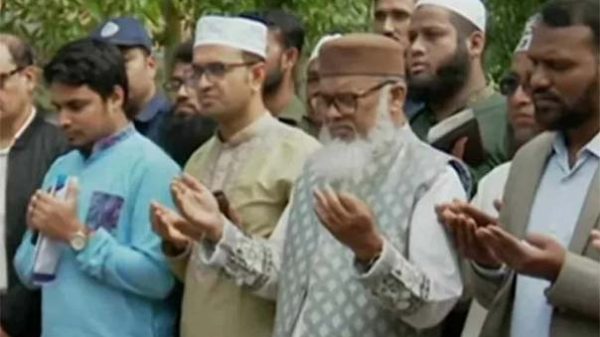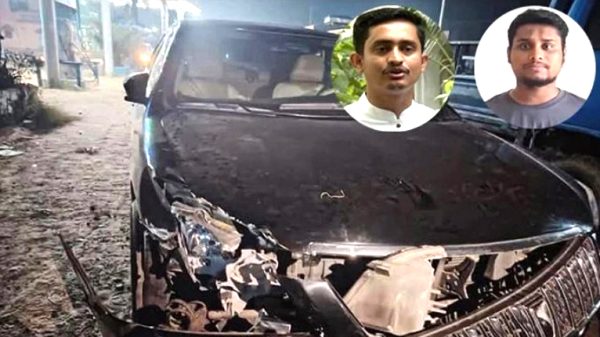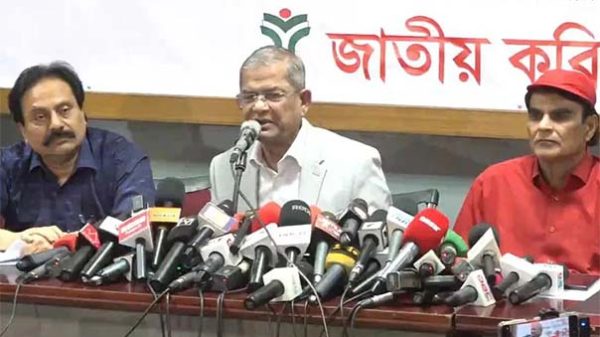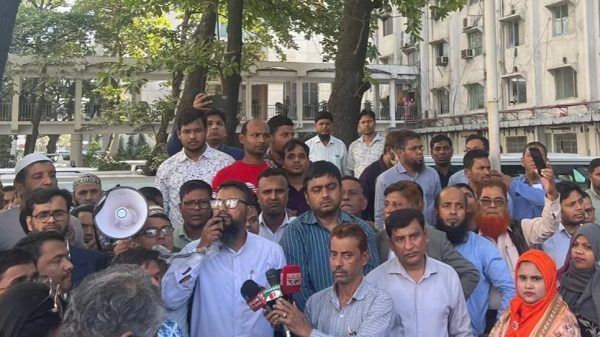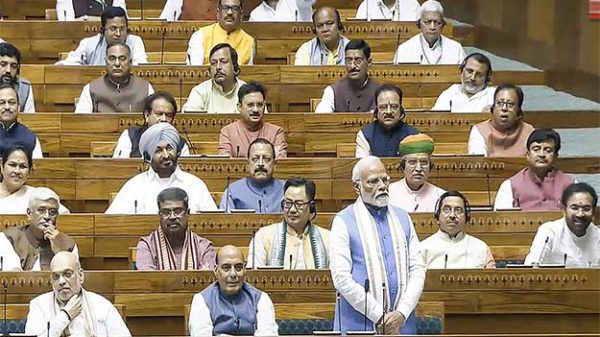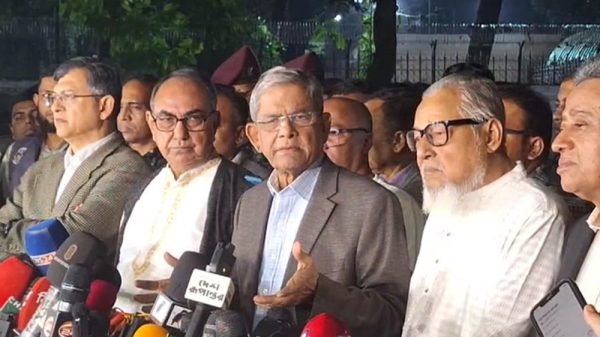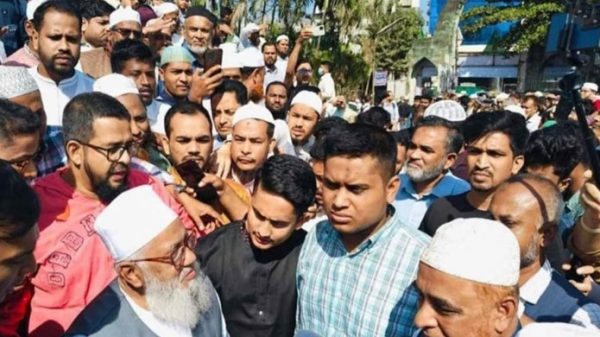‘No compromise’: India’s Home Minister Amit Shah defends Citizenship Amendment Act

- Update Time : Thursday, 14 March, 2024, 01:57 pm
- 69 Time View
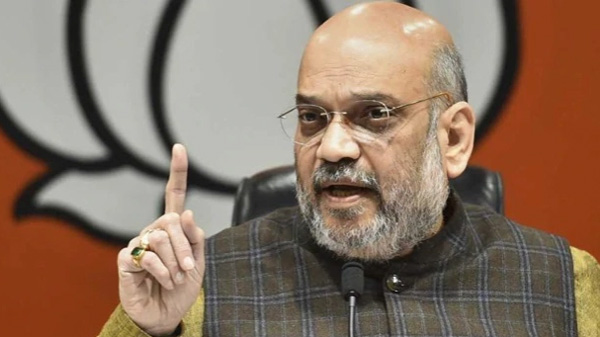
Online Desk: In a strong response to the growing opposition against the Citizenship Amendment Act (CAA), Indian Home Minister Amit Shah declared the legislation irrevocable. He affirmed the BJP-led government’s steadfast stance during remarks reported by NDTV, emphasising, “This is our sovereign right to ensure Indian citizenship in our country. We will never compromise on it and CAA will never be taken back.”
Shah’s comments come in the wake of criticism from the opposition coalition INDIA, particularly a Congress politician who suggested the law would be repealed if they were elected. Shah confidently countered, acknowledging the opposition’s recognition of their limited chances at the polls. “Even the INDIA alliance knows that it will not come into power. CAA has been brought by the BJP and the Narendra Modi-led government. It is impossible to repeal it. We will spread awareness about it in the whole nation so that those who want to repeal it do not get a place,” he stated.
The Indian home minister robustly defended the constitutionality of the CAA, dismissing allegations of it violating the nation’s constitution. He elucidated on the law’s compatibility with Article 14, explaining, “They always talk about Article 14. They forget that there are two clauses in that Article. This law does not violate Article 14. There is a clear, reasonable classification here. This is a law for those who, due to partition, remained in Afghanistan, Pakistan, and Bangladesh and were facing religious persecution and decided to come to India.”
Shah further clarified BJP’s motives behind the enactment of the CAA, stating there is “no question of political gain as the BJP’s main aim is to provide rights and justice to persecuted minorities coming from Pakistan, Afghanistan, and Bangladesh.”
Addressing the concerns of the country’s minorities, Shah reassured, “I have spoken on CAA at least 41 times on different platforms and spoken on it in detail that the minorities of the country need not be afraid because it has no provision to take back the rights of any citizen.” He elaborated on the CAA’s objective to grant Indian citizenship to persecuted non-Muslim migrants – Hindus, Sikhs, Jains, Buddhists, Parsis, and Christians – who arrived in India before December 31, 2014, aiming to alleviate their suffering.
In a critique of opposition leaders like AIMIM’s Asaddudin Owaisi and West Bengal Chief Minister Mamata Banerjee, Shah condemned their claims that the CAA was anti-Muslim, highlighting a broader political discourse surrounding the legislation.

